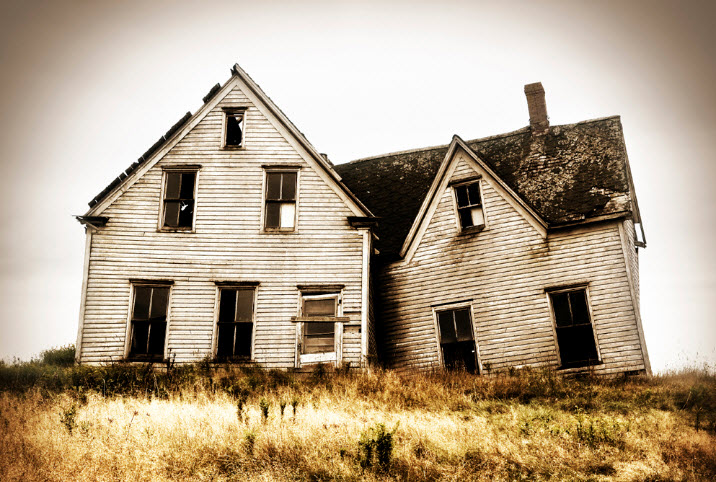Yesterday, on the Tenant File blog we talked about pricing tactics for choosing the right amount to charge your tenant for rent. When you’ve set the perfect cost of rent, you need to also think about how much you want to charge for the security deposit.
Some may think the security deposit isn’t necessary in cases where your tenant is someone you know from before, or if the lease is only for a short period of time, but the security deposit is something you should always require of your tenant. Just because it’s your friend or family member living in your property doesn’t mean that it’ll stay completely intact the entire time; life happensyour property for six months doesn’t mean that things won’t need to be repaired once they  move out.
move out.
The point at which you decide that you’re not requiring a security deposit from your tenant is the point where you’re making yourself accountable for the cost of repairs that may be incurred when they move out. The security deposit covers (at least some of ) the repairs and maintenance that need to be done once your tenant leaves, so in requiring it you’re removing some of the financial burden from yourself.
- Always screen tenants before they move in.
The first step in making sure that your property is being taken care of is to make sure that you have a reliable tenant. A good way to make sure that you’ve made the right choice is to ask for a reference letter from their previous landlord. A reference letter is more personal than a background check or credit history check (though these are also very important, you can check out a software to look into these here) and it allows the previous landlord to tell you any specific issues that they may have had with the tenant. If your tenant has a history of being reliable you know that they’ll take care of your property and make the rental process easy for you.
- Make sure the security deposit fits the property.
If you want to avoid spending your own money on repairs once your tenant moves out, make sure your security deposit is sufficient for the property. A property’s security deposit should be based on the size of the property and nature of the repairs that may be needed; a tiny apartment that won’t have a lot of repairs shouldn’t have the same security deposit as a five bedroom house with a pool. If you base the deposit on the nature of repairs you may need to make, you won’t have to dish out as much of your own money once your tenant moves out and it’s time to fix the place up. A larger deposit also gives the tenant the incentive to take care of your property- they’ll be careful so that they can get their deposit back.
- Fix things as they break.
When a tenant moves out, a lot of time and money will be invested into fixing your property for the next person. If things are fixed as they break, instead of leaving all repairs for when the tenant moves out, you’ll lighten both your financial and work loads. In fixing things as they break there is less risk of the problem worsening and the financial impact will be significantly lower because you’re not doing all of the repairs at once. Fixing things as they break will also keep tenants happy because they know that you care about the property and about keeping them happy.

Interesting property management articles and tips
 move out.
move out.
